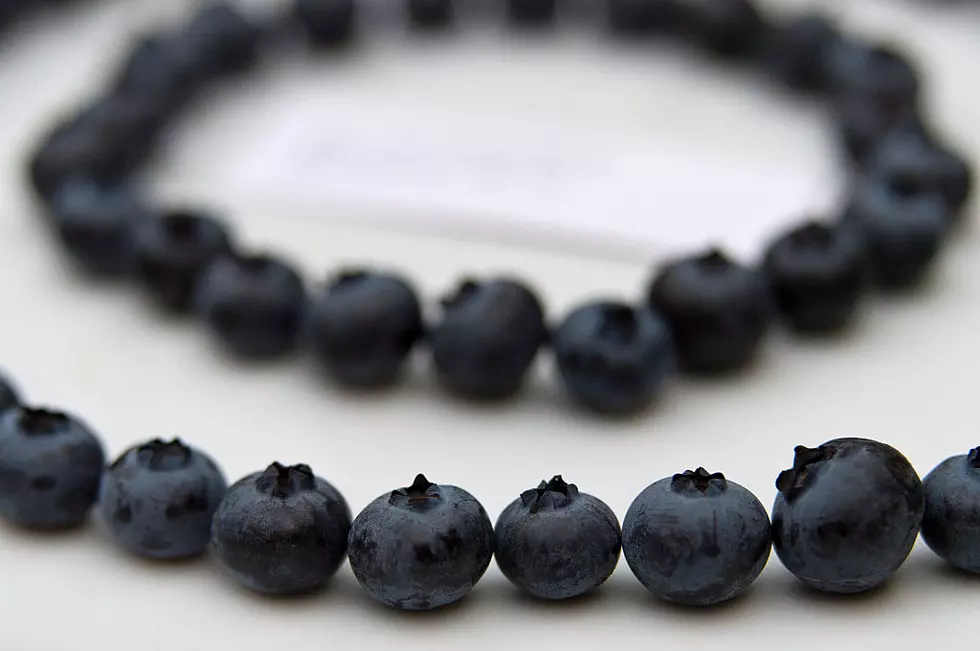
Massachusetts Museum to Return Artifacts to Sioux Indian Tribe
Chances are you haven't heard of Barre, Massachusetts. It is a small town of just over 5,500 people in Worcester County in Central Massachusetts. Barre quite literally sits in the center of the Commonwealth.
Originally a part of Rutland, Massachusetts, Barre was settled by Europeans in 1720 and incorporated in 1775.
Barre is about a two-hour car drive from my home in Dartmouth.
According to the most recent U.S. Census, Barre's population is 97.63 percent white, 0.51 percent Black or African American, and 0.10 percent Native American. People of various other races, including Asian and Hispanic, account for the rest.
That is important because Barre's Founders Museum possesses roughly 150 items that once belonged to the Oglala Lakota Sioux Nation.
According to an Associated Press report, "The items, including weapons, pipes, moccasins, and clothing – about seven or eight of which are thought to have a direct link to the 1890 Wounded Knee Masacre – are due to be formally handed over during a ceremony scheduled for November 5, 2022."

President of the board at the Founders Museum Ann Meilus told a news conference on Columbus Day, also observed by some as Indigenous Peoples Day, that "This is not our history of Bare. This is the Lakota Sioux's history, and we should honor the Lakota Sioux and what they desire."
The Associated Press reported the deal announced Monday was decades in the making.
According to the AP, the items to be returned to the Pine Ridge Agency in South Dakota "are just a tiny fraction of an estimated 870,000 Native American artifacts – including nearly 110,000 human remains – in the possession of the nation's most prestigious colleges, museums and even the federal government that under federal law are supposed to be returned to the tribes under the 1990 Native American Graves Protection Act."
Crazy Horse, Red Cloud, and Black Elk were some of the better known members of the Oglala Lakota Sioux tribe.
Celebrating Wampanoag Heritage in Sandwich
Dartmouth's History Trail Display Inside the Town Hall
More From WFHN-FM/FUN 107






![Jack Spillane on the Dartmouth Indian Vote and More [TOWNSQUARE SUNDAY]](http://townsquare.media/site/518/files/2022/03/attachment-Spillane-Logo.jpeg?w=980&q=75)


